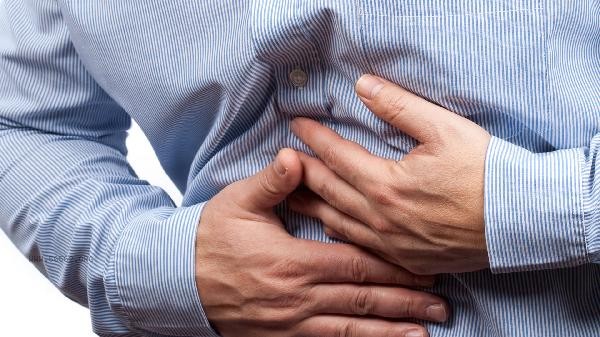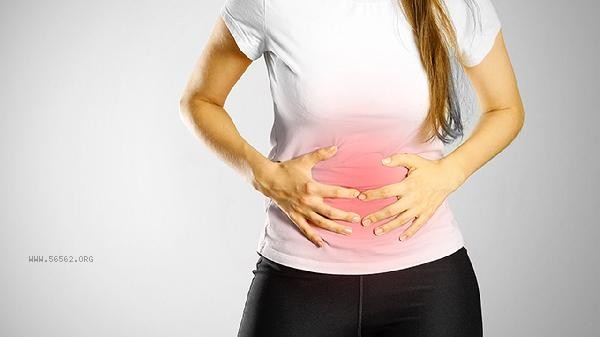Bile reflux gastritis is usually caused by abnormal gastrointestinal motility, history of gastric surgery, pyloric dysfunction, gallbladder disease, long-term drug stimulation, and other reasons. Bile reflux gastritis refers to the reflux of duodenal contents such as bile into the stomach, leading to inflammation of the gastric mucosa. The main symptoms include upper abdominal burning, nausea and vomiting, and decreased appetite.

1. Abnormal gastrointestinal motility
Dysfunction of gastrointestinal peristalsis may lead to bile reflux. When gastric emptying is delayed or duodenal peristalsis is abnormal, bile is prone to reflux into the stomach. This situation is common in people with long-term mental stress and irregular diet. Adjusting daily routines, eating small meals frequently, and avoiding high-fat diets can help improve symptoms. If necessary, gastrointestinal motility promoting drugs can be used under the guidance of a doctor.
2. History of gastric surgery
Gastric subtotal resection or pyloroplasty may disrupt normal anatomical structures, leading to bile reflux. The surgery altered the valve function at the junction of the stomach and duodenum, making it easier for bile to reflux. These patients require long-term follow-up, choose easily digestible foods in their diet, avoid eating in a supine position, and if necessary, doctors may prescribe gastric mucosal protectants.
3. Pyloric dysfunction
Relaxation or dysfunction of the pyloric sphincter can increase bile reflux. This may be related to aging and chronic inflammatory stimulation. Patients often experience symptoms such as postprandial fullness and bitter mouth. It is recommended to avoid smoking and drinking alcohol, reduce the intake of foods such as chocolate and mint that may relax the pylorus, and doctors may use medication to regulate gastrointestinal function according to the situation.

4. Gallbladder diseases
Cholecystitis, gallstones and other diseases may alter the rhythm of bile excretion and increase the probability of reflux. Patients who undergo cholecystectomy are also prone to bile reflux. This group of people needs to control their oil intake, avoid overeating, and undergo regular abdominal ultrasound examinations. Doctors may recommend using drugs that combine bile acids to alleviate symptoms.
5. Long term drug stimulation
Non steroidal anti-inflammatory drugs, certain antihypertensive drugs, etc. Long term use may damage the gastric mucosal defense function and exacerbate bile reflux damage. Patients should avoid taking medication on their own for a long time. When medication is necessary, the doctor's medical history should be informed, and the doctor may adjust the medication plan or add gastric mucosal protectants. At the same time, pay attention to observing the color of stool and be alert to gastrointestinal bleeding. Patients with bile reflux gastritis should pay attention to dietary regulation in daily life, choose low-fat, low fiber, easily digestible foods, and avoid coffee, strong tea, spicy and stimulating foods. Maintain an upright position after eating and avoid eating before bedtime. Moderate exercise such as walking can promote gastrointestinal peristalsis. Maintain a regular schedule and avoid mental stress. When symptoms persist or worsen, seek medical attention promptly and undergo gastroscopy examination and related treatment under the guidance of a doctor. Do not self medicate with acid suppressants for a long time to cover up the condition.









Comments (0)
Leave a Comment
No comments yet
Be the first to share your thoughts!